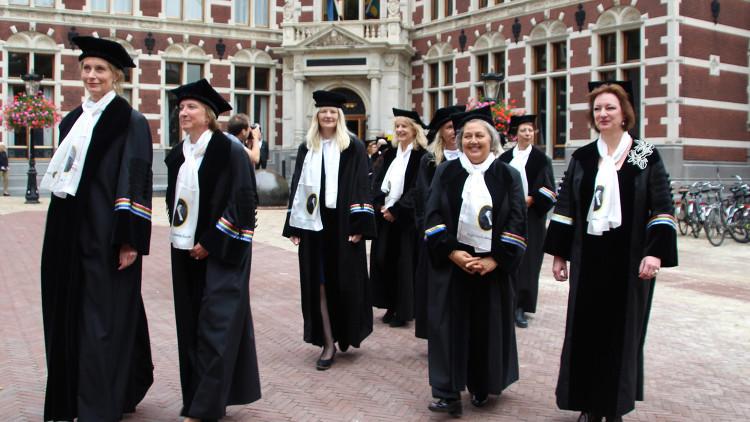More likely to leave
Study shows how vulnerable women working in academia on temporary contracts are

Lack of job security, the tough battle for research funding and work overload are among the most frequent reasons why people working in academia decide to turn their backs on science altogether, according to a study (in Dutch only, Ed.) commissioned by the Dutch Ministry of Education, Culture and Science at the request of the House of Representatives.
Although these reasons are common among men and women, they tend to affect the latter in a much stronger way. Having children, a lack of clarity about assessments and rewards, and a poor work-life balance are additional factors mentioned more often by women than by men.
Desire to have children
Moreover, women on temporary contracts are more vulnerable to unequal treatment and discrimination than women hired on permanent contracts. The study reveals that many of them are explicitly asked whether they would like to have children and their managers tend to react badly when they get pregnant. Such experiences can reinforce the other reasons for quitting.
The researchers have based their conclusions on a survey with responses from 500 scientists of both sexes, as well as interviews with 40 women. The group of respondents included academics who were still working in academia as well as some who had already dropped out.
More parental leave
According to the researchers, better employment terms and conditions would help reduce the overall drop-out rate. To women specifically, it would make a difference if employers would concede more parental leave to men as well. Other helpful measures include training courses for supervisors and tackling unconscious bias.
According to the Dutch Minister of Education, Robbert Dijkgraaf, the findings presented in the report echo previous studies such as the one recently conducted by the Royal Netherlands Academy of Arts and Sciences into social safety. He will come back to this issue later this year when he presents his new safety policy.